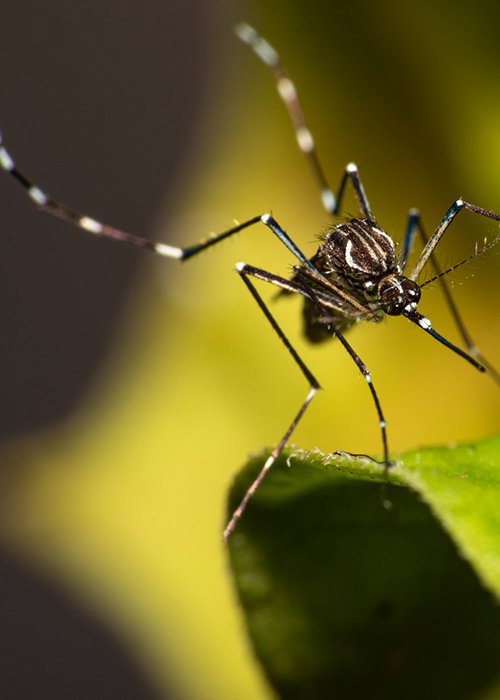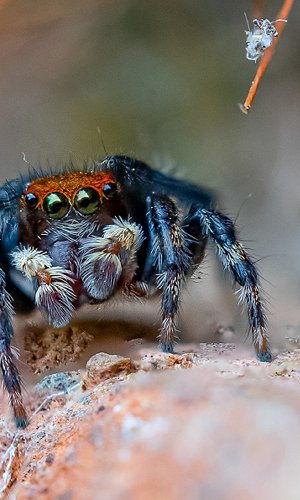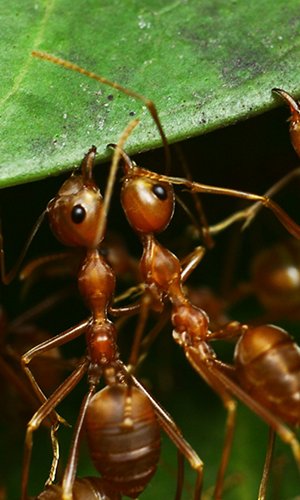Climate change is not only altering the planet, it’s also transforming the global map of infectious diseases. Among the emerging threats is dengue, a mosquito-borne viral illness, which is gaining ground in the United States and raising concerns among public health experts. Recent research indicates that climate change is driving a global increase in dengue infections, with new cases projected to rise by 60% by 2050. This alarming trend is closely tied to the expansion of mosquito habitats, fueled by rising temperatures and more frequent rainfall. Dengue, also known as "breakbone fever" due to the severe pain it causes, is transmitted by the Aedes aegypti mosquito. Symptoms include high fever, muscle and joint pain, headaches, and, in severe cases, bleeding and life-threatening complications. Currently, there are no specific treatments or widely available vaccines for dengue, making mosquito control and prevention the only effective strategies. Global warming is accelerating the spread of dengue to new regions, including parts of the United States. Higher temperatures boost mosquito development and speed up virus replication within the insects, increasing the likelihood of transmission. Southern U.S. states like Texas and Florida are already considered at risk. However, as temperatures continue to climb, even regions further north may become vulnerable. Historically, dengue cases in the U.S. have been linked to international travelers, but in recent years, local outbreaks have been reported, particularly in Florida and along the Gulf Coast. The rising frequency of these outbreaks suggests that the virus could become permanently established in certain areas. The situation in the U.S. mirrors a global trend. The World Health Organization (WHO) has reported a significant surge in dengue cases over the past decades. In 2023, severe outbreaks occurred across Latin America, Asia, and Africa, underscoring the urgency of addressing this growing health crisis. The WHO has recommended strategies to curb mosquito populations and protect against bites. These include eliminating standing water, using mosquito nets, applying repellents, and wearing light-colored clothing, as mosquitoes are attracted to darker colors. The spread of dengue is a wake-up call about the health risks posed by climate change. With the intensification of extreme weather events, swift action is essential to protect vulnerable communities and prevent the disease from gaining a foothold in new areas. Scientists warn that without adequate interventions, dengue could soon become an endemic concern, starting in the United States.




